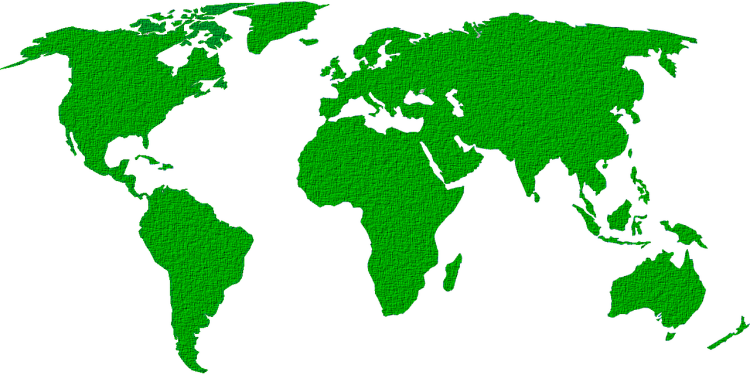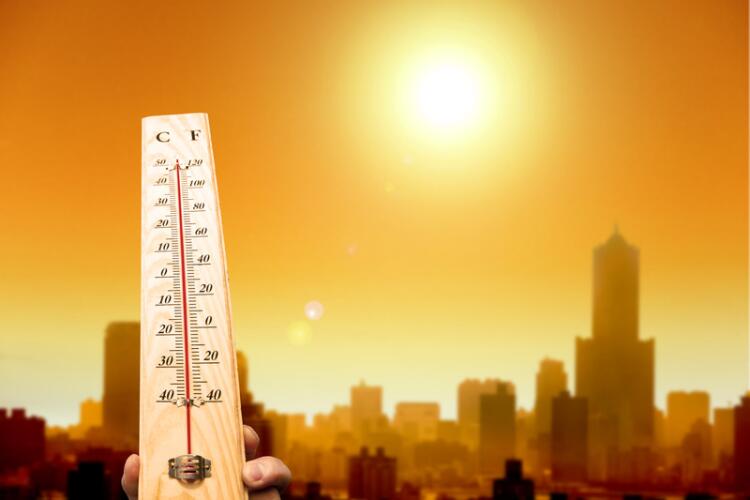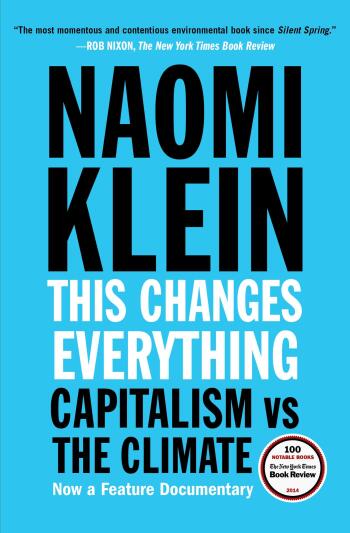The Changing Climate Changes Everything
In 2015, the hottest year on record, world leaders finally agreed that it was past time to do something about climate change on a global scale. Last December, 196 countries from around the world came together to negotiate the Paris Climate Agreement, in which each country made its own pledge regarding how they will contribute to limiting the global rise in temperature to 2 degrees Celsius by 2100. This Earth Day, April 22, country representatives will meet again at the United Nations where 150 countries are expected to formally sign the agreement.

Facing Reality
While the number of countries that have agreed to sign the Agreement is promising, the climate situation has only worsened since the last meeting in December, indicating that the agreed-upon measures may fall short. A recent report by the National Centers for Environmental Information shows that the first three months of 2016 were the warmest in 136 years! On top of that, the Greenland ice sheet has been melting at unprecedented levels, coral bleaching is at an all-time high, and extreme weather patterns are being recorded across the globe. While the Paris Agreement represents a critical step forward, the newest climate data confirms that the world can't check "solve climate change" off the to-do list just yet.

Exploring Extreme Measures

Best-selling author Naomi Klein tackles the climate change issues in her latest book, "This Changes Everything: Capitalism vs. the Climate." Since its release, the book made it onto the New York Times' Best Seller list and has been turned into a compelling documentary. No stranger to strong political criticism, Klein is already well known for her previous best sellers, "No Logo" and "The Shock Doctrine." Klein uses her newest release to argue that solving the climate crisis will require nothing less than a complete overhaul of our economic system, which, as it currently stands, is based on a neoliberal philosophy that is damaging to the environment. According to Klein, capitalism has been good for our pockets but bad for the environment.
Klein makes a strong case for her radical anti-neoliberalism approach, maintaining that we have already tried the "don't rock the boat" approach to slow climate change by encouraging people to shop "green," encouraging eco-friendly deals with big businesses, implementing carbon taxes, etc.; these are too little too late. In interviews, she is even critical of the Paris Agreement, arguing that the resulting changes will not be enough to avoid catastrophe. According to Klein, the nationally determined targets actually add up to 3-4 degrees of warming by 2100, which isn't nearly close enough to the UN goal of staying below a 2-degree global rise in temperature.
Planning for the Future
As Klein sees it, there is still hope for the future; there is a global climate justice movement that is gaining traction and it is possible for the people of the world to make the necessary changes to slow climate change. To do its part, America must let go of the obsession with constant growth and increasing profits that has become characteristic of our nation's free-market system. It is true that it is cheaper, and thus more profitable, to produce and consume without regard for the environment, but it is this careless attitude that led our planet to the endangered state in which it stands today.
According to Klein, our society must stop building infrastructure that relies on fossil fuels and move toward the future with a fossil fuel-free determination. She also feels that people need to stand up with one another against the existing corporations that are hastening the planet's demise. Klein praises movements such as last year's protests in Oregon against Shell's Arctic drilling and the People's Climate March in New York in 2014, both of which resulted in actual political change. This type of unified outcry, combined with a strategic movement away from environmentally unsound business practices, are some of the major steps we need to take to be completely independent of fossil fuels by mid-century, which Klein argues is absolutely necessary to avoid the most imminent effects of climate change.

Committing to the Cause
Over the last several years the global focus has been shifting toward the importance of protecting the environment and, thankfully, people like Klein are bringing to the table a tangible and radical plan to combat climate change at this most critical juncture in the history of the world. Earth Day is the perfect occasion to recommit yourself to build off of that progress and spend the next year doing your part to halt the climate crisis. On April 22, there are events happening all over the world that celebrate the Earth and work to protect it. Find one near you and join the movement!
